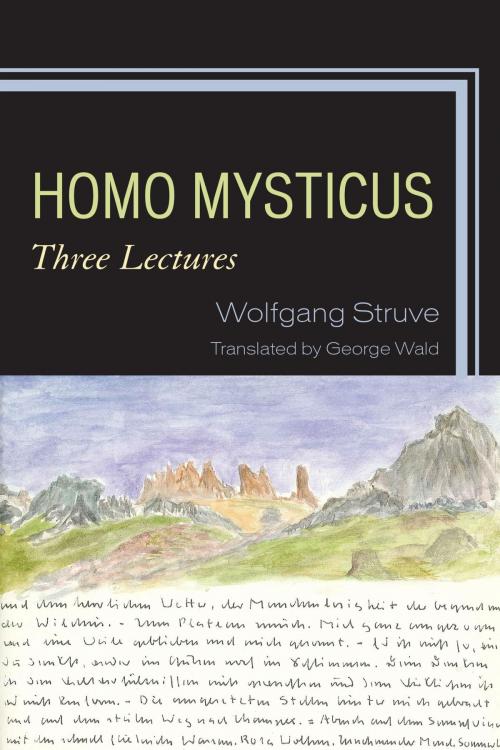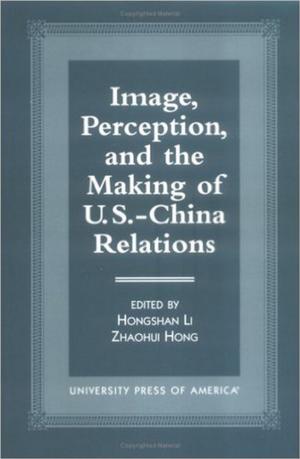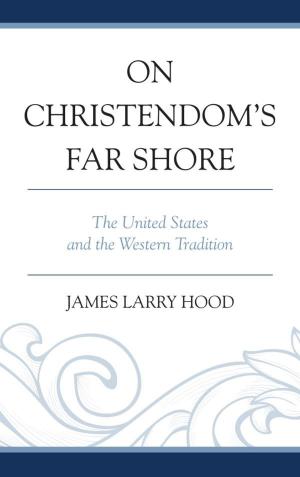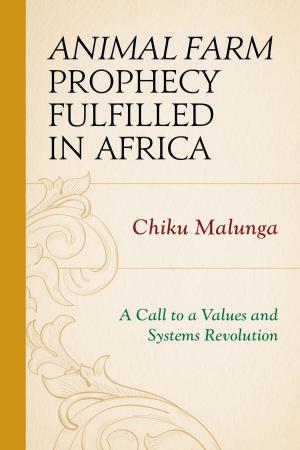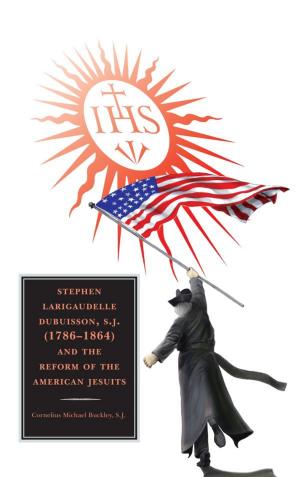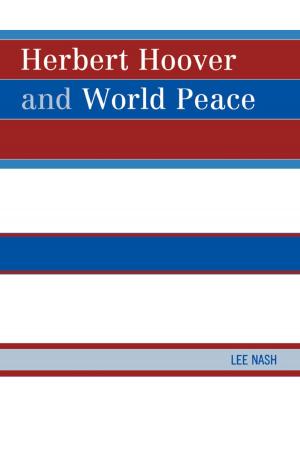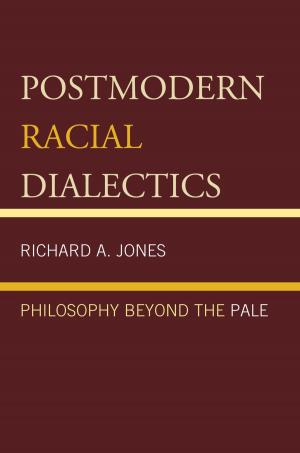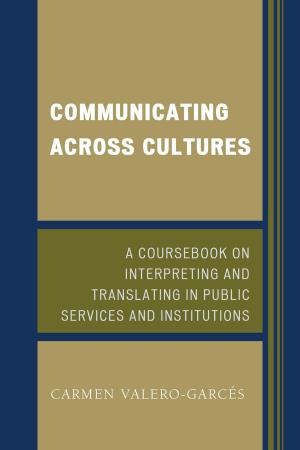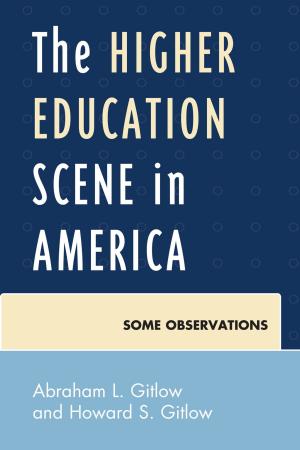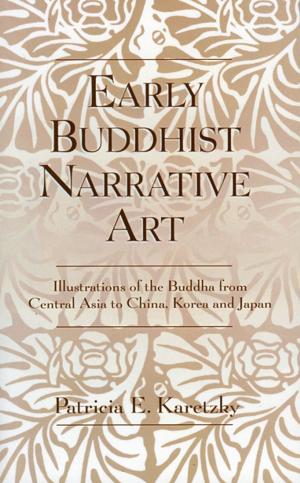Homo Mysticus
Three Lectures
Nonfiction, Religion & Spirituality, Philosophy, Modern, Religious, Ethics & Moral Philosophy| Author: | Wolfgang Struve, George Wald | ISBN: | 9780761863236 |
| Publisher: | UPA | Publication: | December 16, 2014 |
| Imprint: | UPA | Language: | English |
| Author: | Wolfgang Struve, George Wald |
| ISBN: | 9780761863236 |
| Publisher: | UPA |
| Publication: | December 16, 2014 |
| Imprint: | UPA |
| Language: | English |
Homo Mysticus presents three renowned lectures delivered by Wolfgang Struve from 1974 to 1984, translated into English in this volume. The first two were published in German in 1983 and serve to develop the fundamental difference between world and reality, philosophy and mysticism, and relative and absolute transcendence. The third lecture was given in 1984 and seeks to present the non-conformity of reality with all natural and reflective experience of the I and what imaginings and volition proceed from it. It shows how the terror and the horror at this non-conformity pervades the thinking and feeling of mankind and, properly endured, translates man into the real.
In the confusion and quagmire of contemporary “mysticism,” “religious thought,” “alternative thought,” “esotericism,” and so on, it is refreshing to find a truly philosophical discussion of mysticism that is rigorous and analytical. Philosophical and mystical experiences are finally given expression in this remarkable collection.
Homo Mysticus presents three renowned lectures delivered by Wolfgang Struve from 1974 to 1984, translated into English in this volume. The first two were published in German in 1983 and serve to develop the fundamental difference between world and reality, philosophy and mysticism, and relative and absolute transcendence. The third lecture was given in 1984 and seeks to present the non-conformity of reality with all natural and reflective experience of the I and what imaginings and volition proceed from it. It shows how the terror and the horror at this non-conformity pervades the thinking and feeling of mankind and, properly endured, translates man into the real.
In the confusion and quagmire of contemporary “mysticism,” “religious thought,” “alternative thought,” “esotericism,” and so on, it is refreshing to find a truly philosophical discussion of mysticism that is rigorous and analytical. Philosophical and mystical experiences are finally given expression in this remarkable collection.
